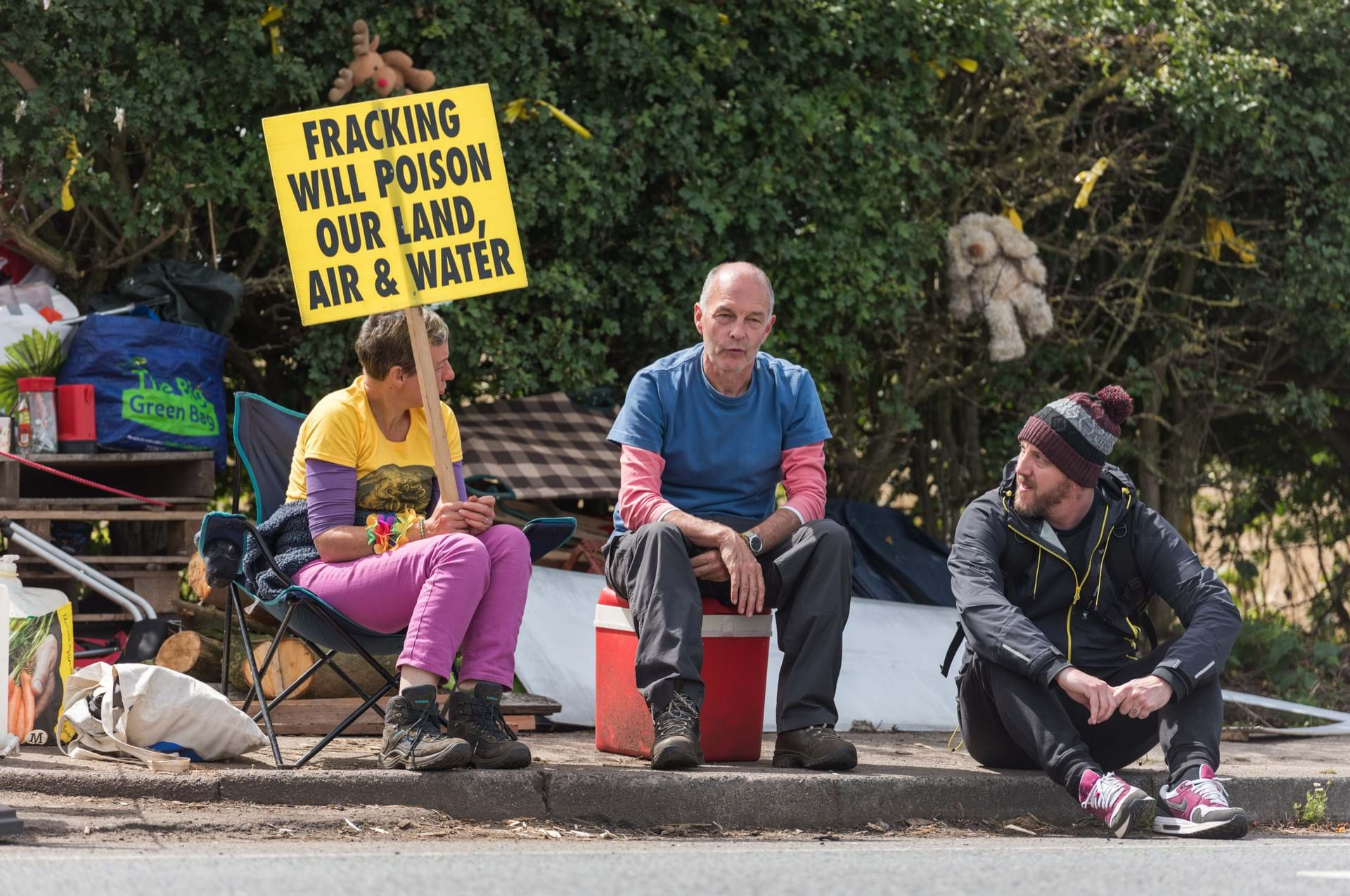Scotland’s Fracking Ban – Politics Trumps Expert Advice

THE Scottish government’s recent announcement on fracking was no surprise. No amount of evidence-based material would have countered entrenched public opinion. Opinions formed through exposure to very poor media reporting and scaremongering.
Before going further let me say that I’d rather keep fossil fuels in the ground and transition to renewable and carbon free energy technologies. So if the anti-fracking argument was based on ‘keep it in the ground’, I’d buy that. However, the methane produced by fracking need not be used as a fossil fuel; it could be reformed into hydrogen and carbon monoxide. The hydrogen used for carbon-free electricity production and the carbon monoxide used as a feedstock for the synthesis of numerous chemicals. That though, would require a lot of joined-up thinking.
Whilst some antagonists did use the ‘keep it the ground’ tenet, many used the safety and environmental impacts of fracking as their reasoning for opposition. Of course the ‘keep it in the ground’ argument could not be used by the Scottish government. If that was their basis then why provide support and funding for the Oil and Gas Technology Centre in Aberdeen? So what was the basis for the government position? It cited overwhelming public opposition, and if you read the views given to the public consultation they were correct. A populist decision, one politicians make to avoid civil protests and with an eye on remaining in government.
The Scottish government funded an expert scientific panel to report on unconventional oil and gas. One of the main findings was: “There are a number of technical challenges associated with unconventional hydrocarbon extraction, though it is the Expert Scientific Panel’s view that none of these are insurmountable. The technology exists to allow the safe extraction of such reserves, subject to robust regulation being in place”.
That seems pretty clear, so why did the Scottish government largely ignore it? It knew no amount of evidence-based material would change public opinion. The ban was a good self-serving political decision.
If we produced our own gas we would lessen global carbon emissions, but that seems to have been conveniently ignored.
Paul Wheelhouse, the Scottish minister for business, innovation and energy, was asked why he is happy to import fracked gas. He answered that he is not responsible for the policies of other nations. To import gas requires a huge amount of energy for transcontinental shipment and pipeline transportation. The consequence of that energy requirement is additional carbon dioxide – a global issue. If we produced our own gas we would lessen global carbon emissions, but that seems to have been conveniently ignored.
It is just politics.
Recent Editions
Catch up on the latest news, views and jobs from The Chemical Engineer. Below are the four latest issues. View a wider selection of the archive from within the Magazine section of this site.




